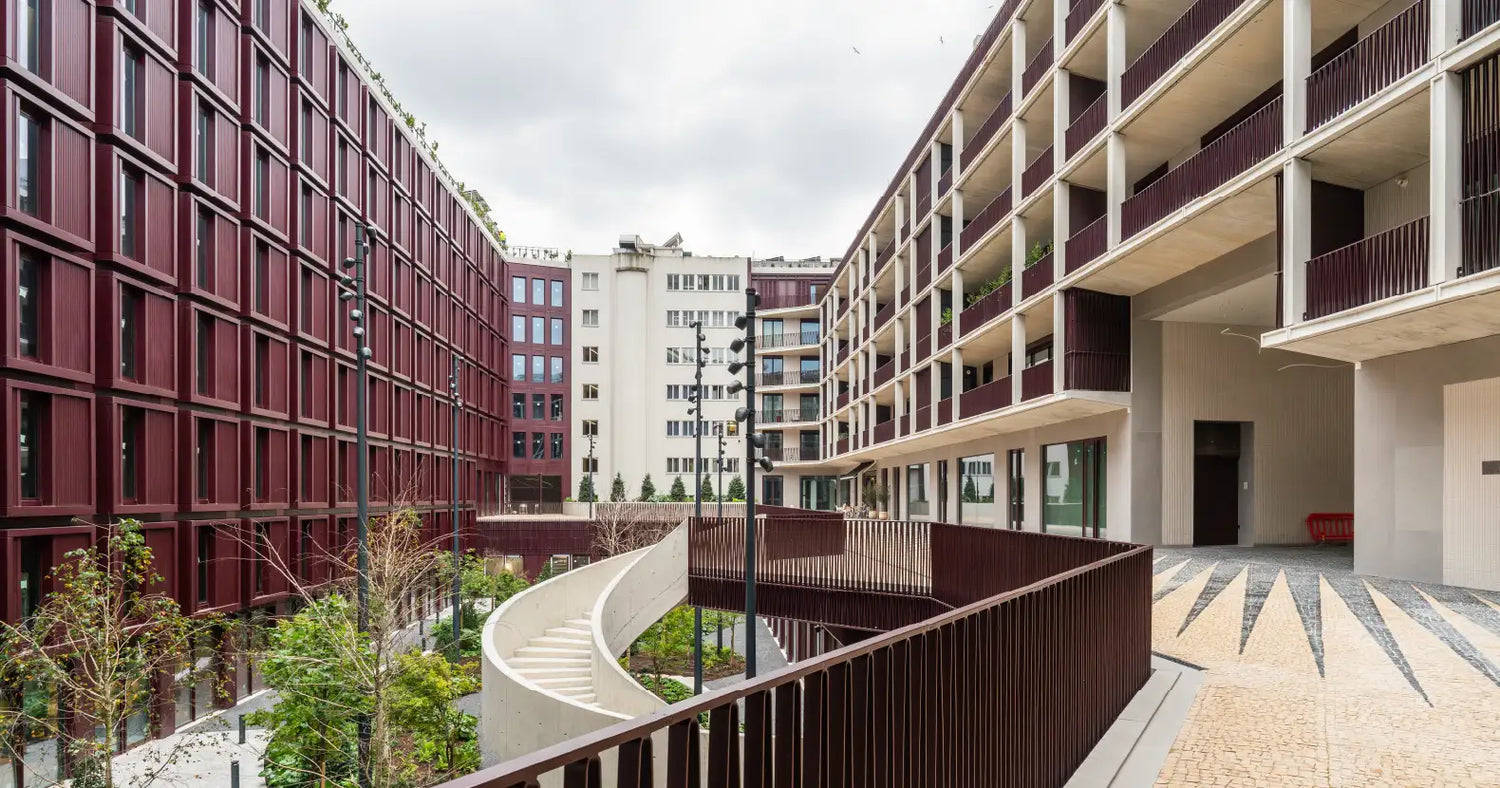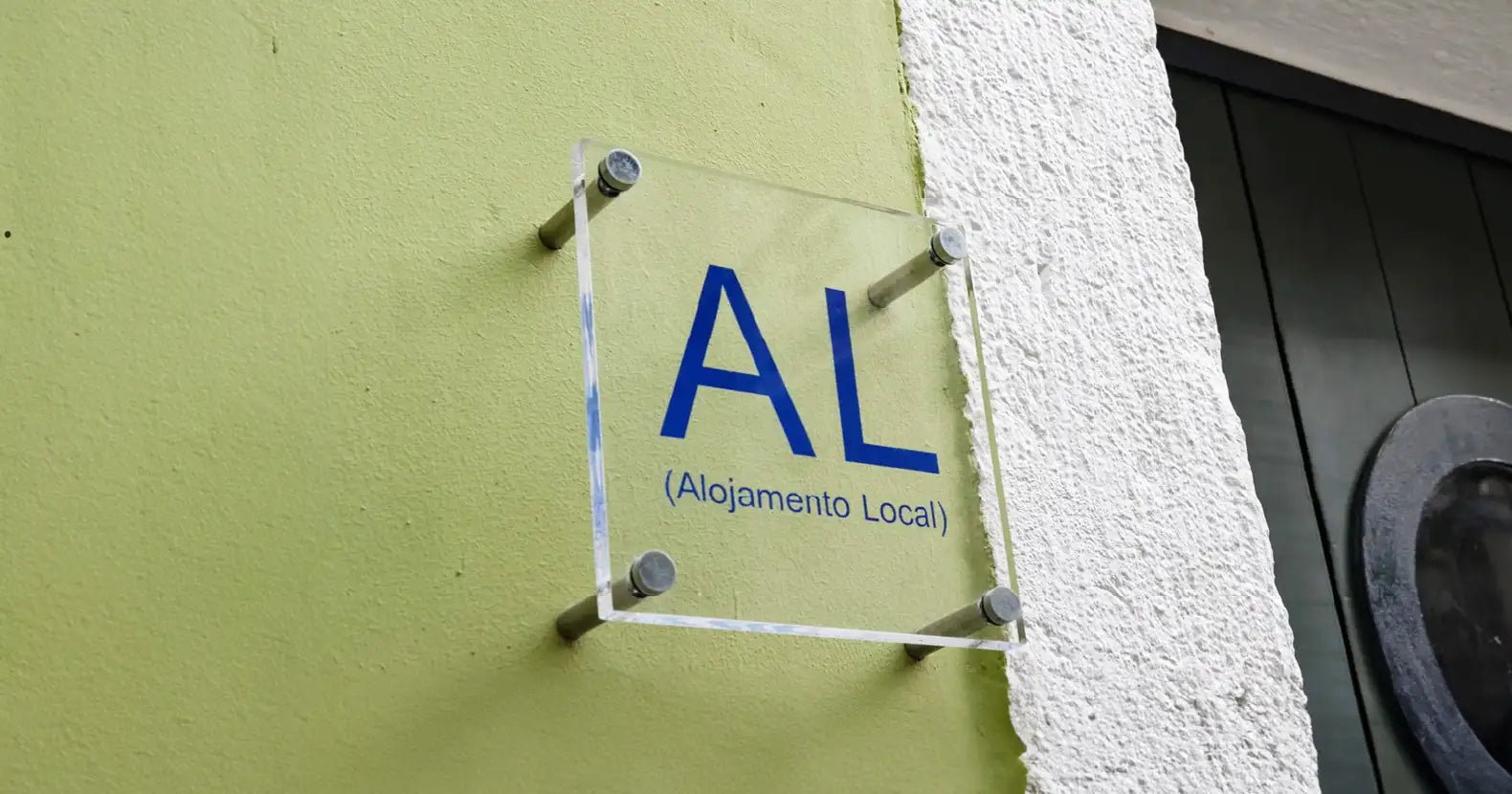Short-term rentals have become an attractive solution for many property owners in Portugal. However, their presence in residential buildings has sparked debate about coexistence between permanent residents and tourists.
When a building is under horizontal property ownership (condominium model), each unit has a separate owner, but all share responsibility for common areas — staircases, elevators, roof, etc. This is where the condominium association plays a key role, as it may have a say in how each unit is used, including for short-term rental purposes. Naturally, when considering starting a short-term rental (STR), important questions arise: Can the neighbors block it? Is approval required? What happens if guests cause noise or disruption?
With the amendments introduced by Decree-Law no. 76/2024, combined with years of court decisions and consolidated practices, it’s time to clarify what the law says about a condominium's powers over short-term rentals.
Is Condominium Approval Required to Start a Short-Term Rental?
This is perhaps the most common question when it comes to setting up an STR in a condominium building. After all, an apartment block with multiple neighbors can be sensitive to a constant flow of guests.
✅ Before Decree-Law no. 76/2024
For years, the law required that in buildings under horizontal ownership, starting a short-term rental in a residential unit needed approval from the condominium assembly, unless the property's constitutive title already allowed for tourist or service use.
This requirement was reinforced in 2018 with Law no. 62/2018, which established that hostels in residential buildings needed unanimous approval from all unit owners
✅ Under Decree-Law no. 76/2024 (in force since April 4, 2024)
The new legal framework brought a shift in approach:
- Prior condominium approval is no longer required to register a short-term rental in residential units.
- This rule does not apply to hostels, which still require unanimous approval by the condominium assembly to operate in residential buildings (Art. 9 of Law 62/2018 and Art. 6 of Decree-Law 128/2014).
As a result, any property owner may, in principle, register a short-term rental, as long as the property's occupancy license permits residential use and all legal requirements are met.
ℹ️ Exceptions and considerations:
- Even without needing prior approval, STR activity can still be contested later (see next section).
- Condominiums with internal regulations that explicitly prohibit STRs may have legal grounds to oppose or revoke such activity.
Condominium approval is no longer required to open a short-term rental — but that doesn’t mean neighbors are powerless.
When Can Condominium Owners Oppose a Short-Term Rental?
Removing the prior approval requirement does not mean a lack of oversight. In fact, Decree-Law no. 76/2024 introduced a new mechanism of “post-factum” opposition, giving condominium owners a real legal tool to intervene and stop abuse.
🛑 Formal opposition by the condominium assembly
The condominium assembly may approve, by two-thirds of the ownership share, a resolution to oppose the continued operation of a short-term rental, provided that:
- There is evidence of repeated disturbances, such as late-night noise, parties, constant arrivals and departures at odd hours, trash accumulation, etc.;
- There is misuse of common areas or failure to comply with condominium rules;
- It is proven that operating the STR disrupts other residents' peaceful use of the building.
🏛️ What happens after opposition? Cancellation of the STR registration
If such a resolution is approved and submitted to the Municipal Council, the authority may cancel the short-term rental’s registration. The cancellation takes effect 60 days after notification.
The owner has the right to be heard and to present a defense before cancellation.
📑 What if the property’s title prohibits STR?
If the property's constitutive title explicitly states that the unit may only be used for residential — and not commercial or tourist — purposes, the condominium assembly may resolve, with a two-thirds majority, to oppose the setup or operation of a short-term rental even if no issues have occurred yet.
In this case, the prohibition can be enforced preventively, regardless of prior incidents.
❗ Can opposition be partial or general?
The resolution may be directed at:
- A specific STR, based on recurring guest behavior;
- Or all STRs in the building, if the title or regulations allow and the justification is legally valid.
⚠️ Risks for the property owner:
- Cancellation of the STR registration;
- Responsibility for damages to shared areas;
- Potential lawsuits for violating condominium rules;
- Financial loss and reputational damage.
What Powers Does a Condominium Have Over a Short-Term Rental?
Even though prior approval is no longer required (except for hostels), condominiums still hold several powers to control, limit, or even stop STR activity. These powers exist to protect the quality of life, safety, and proper use of shared spaces. Here's a breakdown:
📌 1. Setting a surcharge on annual condominium fees
If a unit is used as a short-term rental, the condominium may approve a surcharge of up to 30% on the annual share attributed to that unit.
This surcharge covers extra wear and tear on shared areas, such as staircases, elevators, entryways, or added cleaning needs.
✅ Two-thirds must approve this of the total ownership share (Art. 1424 of the Civil Code).
🛠️ 2. Requiring the owner to pay for STR-related building modifications
If STR activity requires changes to common areas — e.g., new access points, enhanced security, technical adjustments — the owner must bear 100% of the associated costs.
The condominium cannot be forced to co-finance upgrades that only benefit a private business operation.
📘 3. Requiring the inclusion of condominium rules in the guest information book
All STR units must provide guests with an information book including:
- House rules and internal STR policies;
- Condominium regulations relevant to daily behavior;
- Noise rules, garbage collection, use of common areas, etc.
This ensures that guests understand building expectations upfront and helps prevent conflict.
📞 4. Demanding a direct and permanent contact number
The STR operator must provide:
- A direct phone number for emergencies;
- Availability to intervene promptly in case of guest-related issues.
The assembly may require a 24/7 emergency contact, which becomes binding if approved by a simple majority vote.
🔇 5. Enforcing noise regulations
Operators must clearly display:
- Silence hours and rules under the National Noise Regulation;
- Practical tips to avoid disturbances (e.g., shoes off, no parties, late-night movement).
This supports the right to rest and a peaceful environment for permanent residents.
🧯 6. Reinforcing safety or hygiene in common areas
Although not explicitly stated in the law, the condominium may decide — if there’s a direct impact — to implement stricter hygiene or safety rules, provided they are proportionate and legally sound.
Examples:
- Requiring access by code instead of shared physical keys;
- Mandating a minimum frequency for cleaning entryways or hallways.
❌ 7. What the condominium cannot do:
- It cannot prohibit an STR without valid legal grounds;
- It cannot require prior approval, except for hostels;
- It cannot charge more than 30% in extra dues;
- It cannot revoke an STR simply based on personal preferences.
Conclusion
Setting up a short-term rental in a condominium building is not a decision without consequences. Even if the law no longer requires prior approval from neighbors (except for hostels), common sense, accountability, and mutual respect are essential.
Above all, it’s important to preserve a balanced and respectful relationship with permanent residents. These relationships should be safeguarded — not only between co-owners, but also between residents and the guests who pass through the building.
To achieve this, STR owners must take an active role:
- Screen guests carefully to avoid problematic stays;
- Define clear rules aligned with the condominium’s internal regulations;
- Inform guests from the first contact about acceptable behavior and building-specific expectations.
Respecting the condominium isn’t just a legal requirement — it’s a key to long-term success. A well-managed short-term rental that integrates smoothly into the building and the neighborhood will always be more sustainable and valued by everyone involved.
At Host Wise, we understand how crucial it is to maintain harmony between short-term rentals and the residents of the buildings where we operate. That’s why we work closely with condominium administrators in all properties under our management. Our team ensures that guests follow house rules, respect internal regulations, and maintain good relationships with all co-owners. Through proactive communication and professional oversight, we protect the owner’s interests, prevent complaints or conflicts, and deliver a smooth, responsible, and stress-free STR experience.


